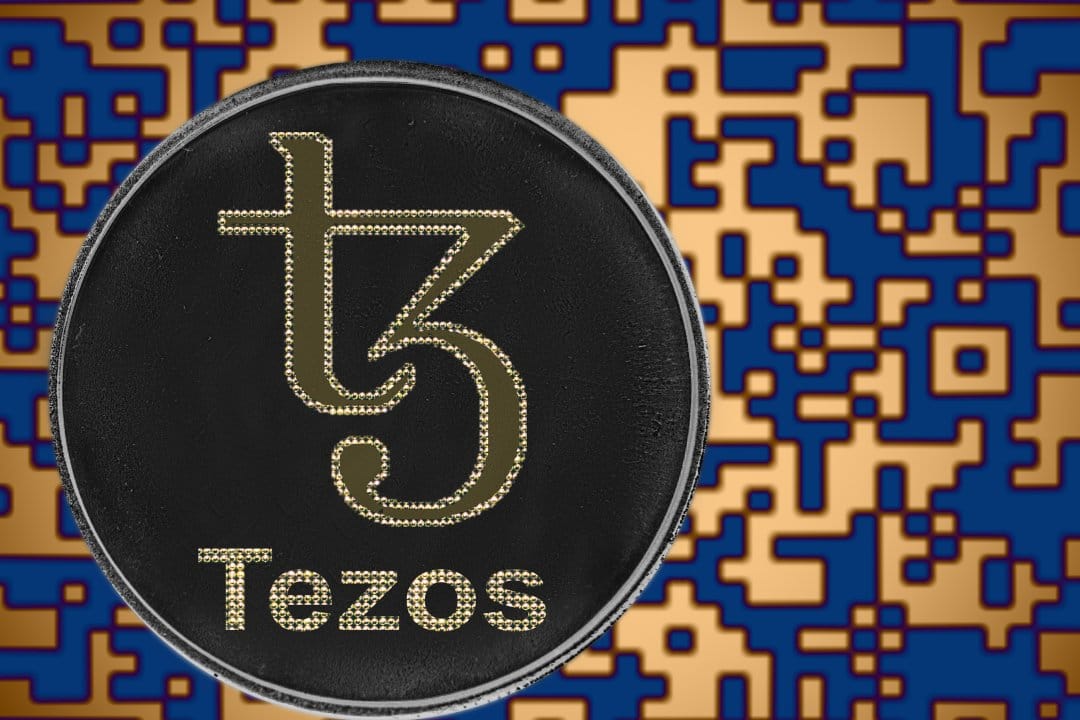Tezos has decided to integrate the zk-SNARKS protocol. Recently, in fact, Tezos had announced new developments thanks to the Babylon protocol, which allows for the integration of codes from other protocols.
Thanks to this new protocol, and in particular to the Michelson smart contract programming language, Tezos can thus integrate the zk-SNARKS protocol.
The Tezos blockchain uses an amendment system in order to introduce the new proposals, which allows the Tezos nodes to update the consensus protocol simply by replacing the files and implementing the related APIs.
The relative procedure consists of 4 periods, each of 32768 blocks (about 3 weeks): in total there is a period of about 3 months for a proposal to be integrated, following the appropriate tests.
This integration will probably be added because the Tezos blockchain has been chosen by several financial institutions such as the Bank of France, which requires a tool that allows shielding sensitive information.
As is known, the zk-SNARK protocol was introduced by Zcash (ZEC) of Zooko Wilcox and makes it possible, in a manual way, to shield the transactions that a user carries out and therefore obtain a good level of privacy.
Thanks to this new protocol it will be possible to have a higher level of privacy, like that of Monero or Zcash: many of the current blockchains, by contrast, do not offer an anonymous but pseudo-anonymous system, as is the case of Bitcoin, for example.
The issue of privacy in this sector is pressing because the intention is to carry out transactions in a decentralised and anonymous way, as opposed to how the traditional system works.
Even with regard to exchanges, these are not seen in a positive light in the crypto sector, especially if they are centralised, because there are tedious procedures like KYC (Know Your Customer) and AML (Anti Money Laundering), that actually make the use of cryptocurrencies useless in several situations.
Litecoin (LTC) recently announced 2 LIPs (Litecoin Improvement Proposals) in order to integrate a system based on the MimbleWimble (MW) protocol aimed at improving privacy.



